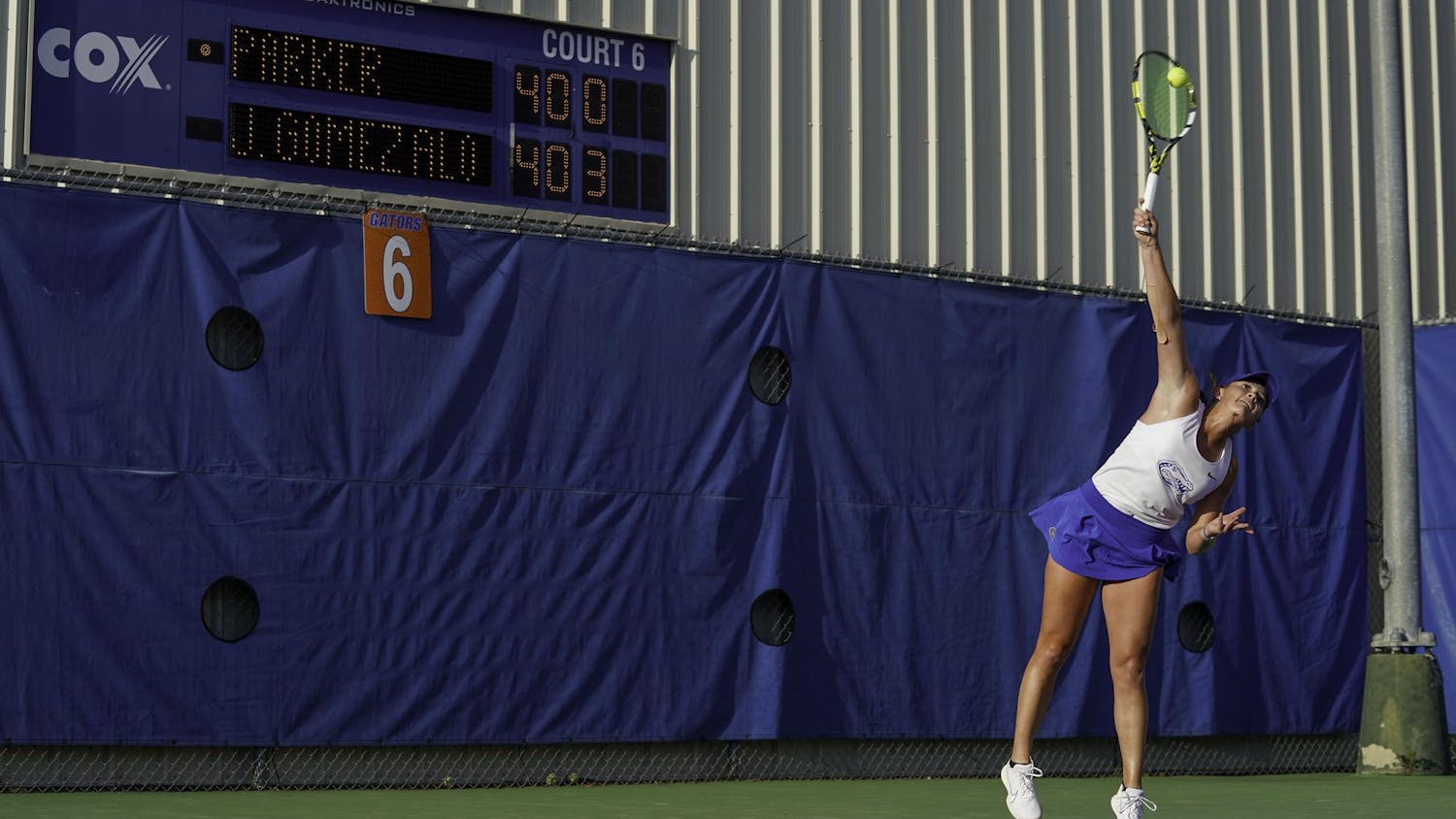UF is teeming with brilliant people working on cutting-edge technology that saves lives, reveals mysteries and solves problems. We’re here to share the latest in UF’s advancements, research and studies, with the help of UF Health Newsnet.
Breathe Right
UF Health Shands Transplant Center is working to increase the longevity of donated lungs and shorten the time patients will wait for a transplant, according to UF Health Newsnet.
The center is one of 15 nationwide participating in a study evaluating the XVIVO Lung Perfusion System. About 80 percent of donor lungs don’t meet transplants’ standards, and the system will help them stay viable to improve eligibility. Some of the lungs may have potentially reversible problems and could make successful transplantation candidates.
The machine, called XPS, pumps oxygen and a special preservation solution into the lungs to maintain and possibly improve their health outside the body. The FDA approved the device last year but required the manufacturer to continue studies to find additional information on its use.
Tiago Noguchi Machuca, a UF Health lung transplant surgeon who leads UF Health’s lung perfusion program, said the technique should also prevent deaths by shortening the waiting period.
UF Health transplant providers will be certified to use the XVIVO technology in late April after a several-week training process.
Beating Brain Tumors
The fight against brain tumors using vaccines may have found an assist through a booster vaccine.
A new UF study examined the use of vaccines for treating glioblastoma, which is the most common and most lethal form of brain tumor. Researchers from UF Health and Duke Cancer Institute focused on a common virus called cytomegalovirus.
Researchers took a specific type of immune cells, called dendritic cells, and injected them with a protein that triggered an immune system response that targeted the virus.
Three of the six patients who received the tetanus booster were alive at the time of analysis, and the survival times from their diagnoses ranged between 57 and 106 months, including one patient whose tumor shows no sign of growth and who is still living eight years after treatment.
Advances in Tourette’s treatment
A new experimental surgery could be more widely used in patients with severe cases of Tourette’s syndrome by implanting electrodes into a patient’s brain, according to recommendations published in the Movement Disorders journal.
A new set of recommendations for using deep brain stimulation to treat Tourette’s syndrome has been published, including guidance from two UF Health neuroscientists. Researchers now suggest the age requirement be removed for deep brain stimulation surgery for patients with severe Tourette’s Syndrome. It was originally recommended that patients be at least 25 years old.
“Tics may also become better as children become adults,” said Jonathan Mink, co-author of the current set of recommendations and lead author of the 2006 set of recommendations. “Now that we have learned that deep brain stimulation is safe, the absolute age requirements have been dropped.”
In the new recommendations, there is also still a lack of consensus on the most effective brain target to stimulate for Tourette’s syndrome.
[A version of this story ran on page 3 on 3/20/2015]





